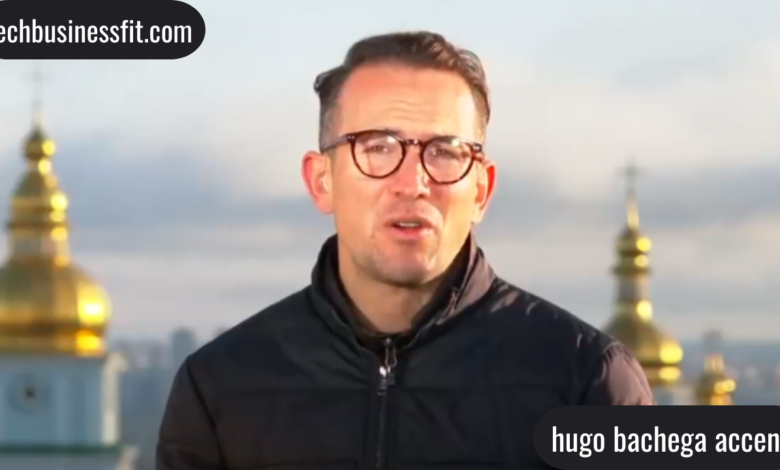Hugo Bachega’s Accent: A Unique Blend of Cultures and Languages

Hugo Bachega’s Accent may be a momentous figure whose commitments and impact span numerous spaces. With a special story and an rousing bequest, he has captivated groups of onlookers and made a noteworthy affect in his field. This article dives into his travel, accomplishments, and the enduring impression he proceeds to take off on the world.
Who is Hugo Bachega?
Hugo Bachega’s Accent is known for his powerful nearness and commitments that have formed different angles of his career. Whether through his journalistic endeavors, phonetic flexibility, or social affect, he has set up himself as a figure of admiration and regard. His travel may be a confirmation to tirelessness, advancement, and devotion.
Key Commitments of Hugo Bachega
Motivating Administration
Hugo Bachega’s Accent Highlight has played a essential part in motivating those around him. Through his work and individual endeavors, he has illustrated administration qualities that proceed to spur and elevate others.
Breaking Obstructions
He has been a trailblazer in his field, breaking obstructions and challenging standards. His accomplishments highlight his assurance to clear the way for future eras.
Social and Social Impact
His impact extends beyond his proficient achievements. He has made a noteworthy social and social affect, utilizing his stage to advocate for important causes and interface with different communities.
Etymological Versatility
Hugo Bachega’s Accent reflects a special mix of societies and dialects, symbolizing his universal encounters and flexibility. His capacity to consistently explore different etymological scenes includes to his wide offer and validity.
The Affect of Hugo Bachega
Lifting Mindfulness
His work has contributed to raising mindfulness on critical themes, empowering dialogs that drive alter and advance.
Rousing the Following Generation
By driving with enthusiasm and versatility, he has ended up a source of motivation for the following era, demonstrating that diligence and devotion can lead to enormity.
Taking off a Enduring Bequest
His endeavors and commitments guarantee that his bequest will proceed to impact and shape businesses, communities, and people for a long time to come.
Conclusion
Hugo Bachega’s Accent is one of flexibility, affect, and development. His commitment to his create and his capacity to rouse others have cemented his status as a critical figure. As he proceeds to break modern ground and elevate those around him, his bequest remains a effective constrain of alter and motivation.



